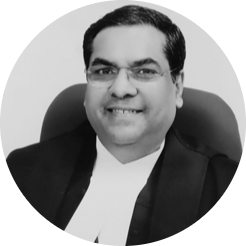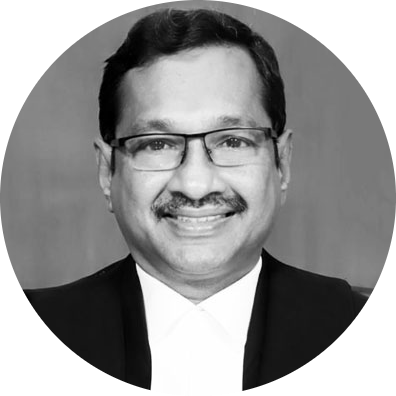Ban on PM Modi Documentary
N. Ram v. Union of India
The SC will decide if the Union’s ban on the BBC Documentary ‘India: The Modi Question’ violates the rights to free speech and expression.
Pending
Parties
Petitioners : N. Ram, Prashant Bhushan, Mahua Moitra, M.L. Sharma
Lawyers: C.U. Singh; Prateek K. Chadda
Respondent: Union of India
Lawyers:
Case Details
Case Number: W.P.(C) No. 000116/2023
Next Hearing:
Last Updated: May 26, 2023
Key Issues
Does the Union’s ban on the BBC documentary violate the right to free speech of journalists who produced the documentary?
Does the ban violate the right to freedom of speech and expression of citizens who wish to view and/or disseminate the documentary?
Is the Union’s ban on the documentary valid under the Information Technology Act, 2000?
Case Description
On January 17th, 2023, BBC released the first part of its two part documentary titled “India: The Modi Question”. This documentary explores Prime Minister Modi’s early political career and investigates his involvement in the 2002 Gujarat Riots.
On January 21st, 2023, the Union Government issued directions to block tweets and links sharing access to the documentary. These directions were issued under Rule 16 of the Information Technology Rules, 2021 (the Rules) and Section 69A of the Information Technology Act, 2000 (IT Act), which enable the government to block digital information in the “interest of sovereignty and integrity of India”. Interestingly, the Bombay, Kerala and Madras High Courts have issued Stay Orders against the Rules.
Journalist N. Ram, Advocate Prashant Bhushan and Trinamool Congress Member of Parliament Mahua Moitra shared tweets with the link to the documentary. All three filed a joint petition at the Supreme Court challenging this action of the Union Government on January 30th, 2023.
Senior Advocate Chander Uday Singh, for the petitioners, appeared before Chief Justice D.Y. Chandrachud on January 30th 2023 and requested that the case be heard urgently. He argued that the tweets were deleted by the Union using provisions that are typically used during emergencies to protect the sovereignty and integrity of India. However, he argued that sharing tweets did not in any way threaten the country and the Union was wrong in deleting the tweets. Mr. Singh also informed the Court that students in Ajmer were rusticated for streaming the BBC documentary.
On the same day, Advocate Manohar Lal Sharma also filed a petition challenging the Union’s ban of the documentary. Mr. Sharma said that the ban was “malafide, arbitrary and unconstitutional” for two reasons. First, that it violated the right to freedom of speech and expression of the producers and journalists who made the documentary. Second, that it violated the right to freedom of speech and expression of citizens who wished to watch the documentary.
On February 3rd, 2023, a 2-Judge Bench comprising Justices M.M. Sundresh and Sanjiv Khanna heard the petitioners. Mr. Singh argued that the Union did not reveal any reasons to ban the documentary as required by the IT Act. The Bench directed the Union to place the original records leading to Order before it. The case will be heard next in April 2023.


